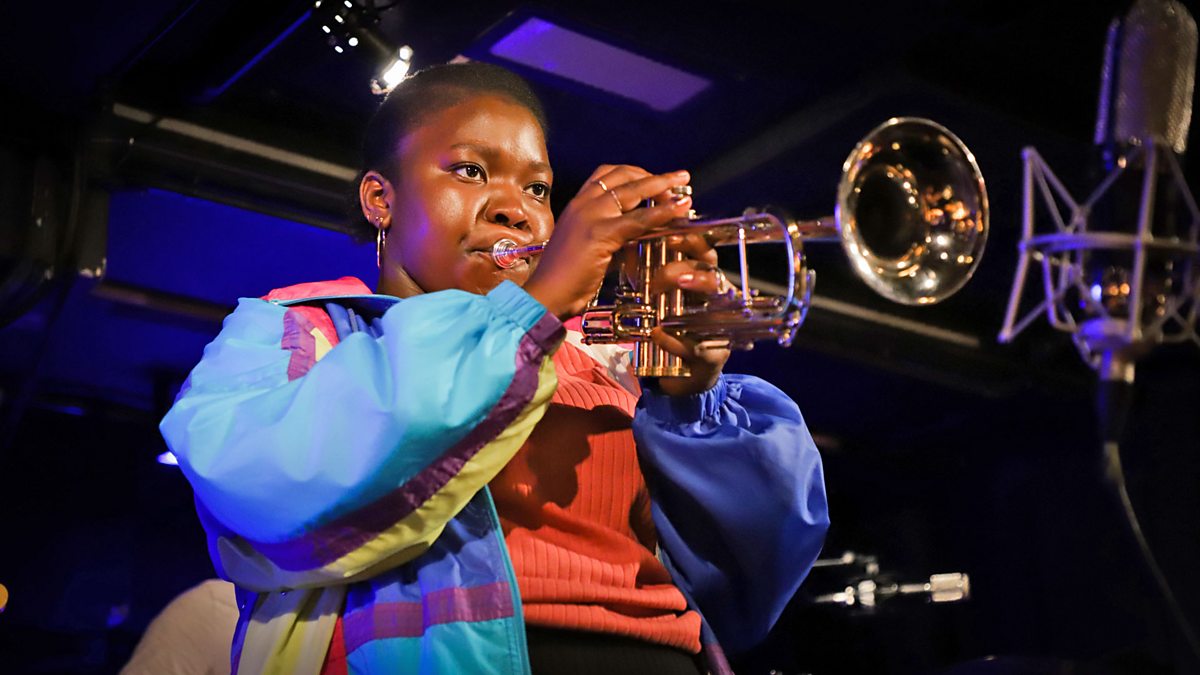Originally posted by BLUESNIK'S REVOX
View Post
 What system of algorhythms thought that up as my next choice FGS???
What system of algorhythms thought that up as my next choice FGS???







Comment